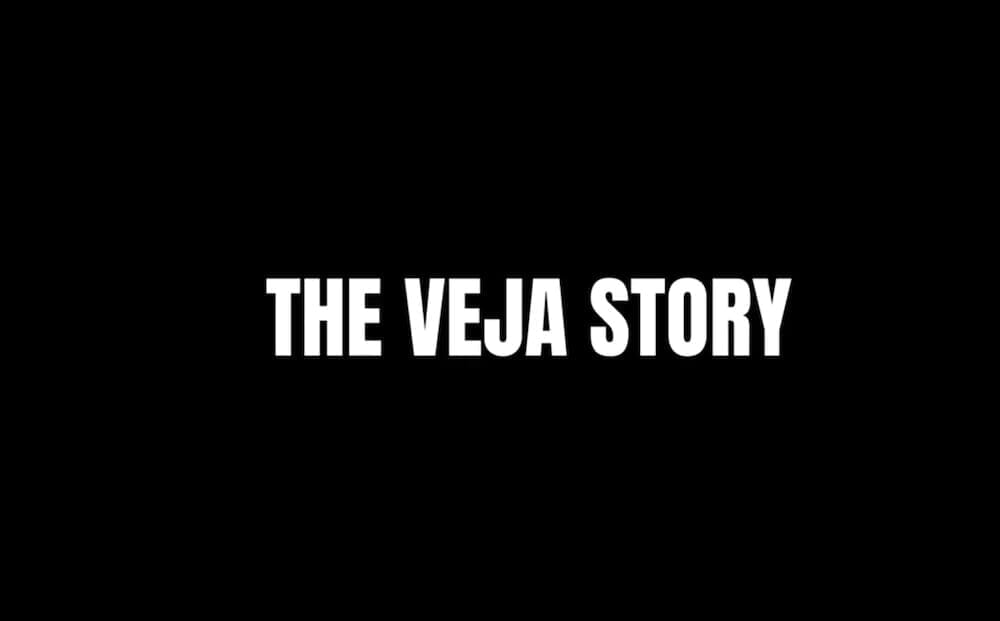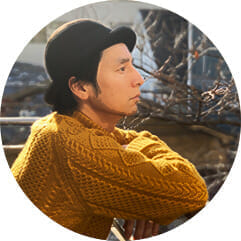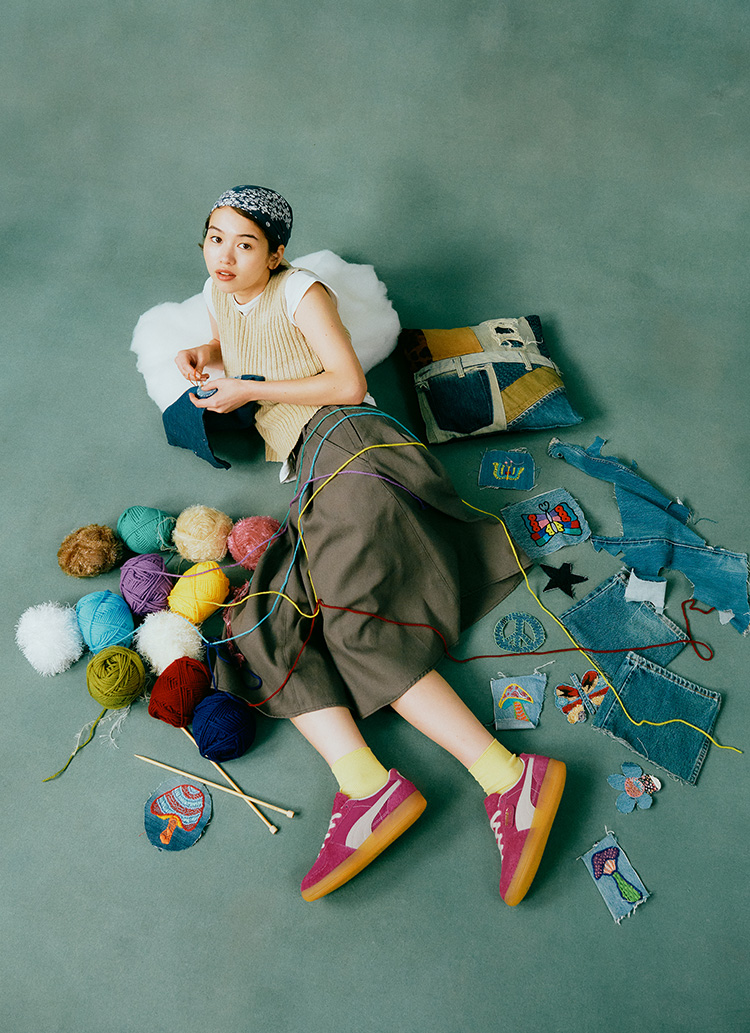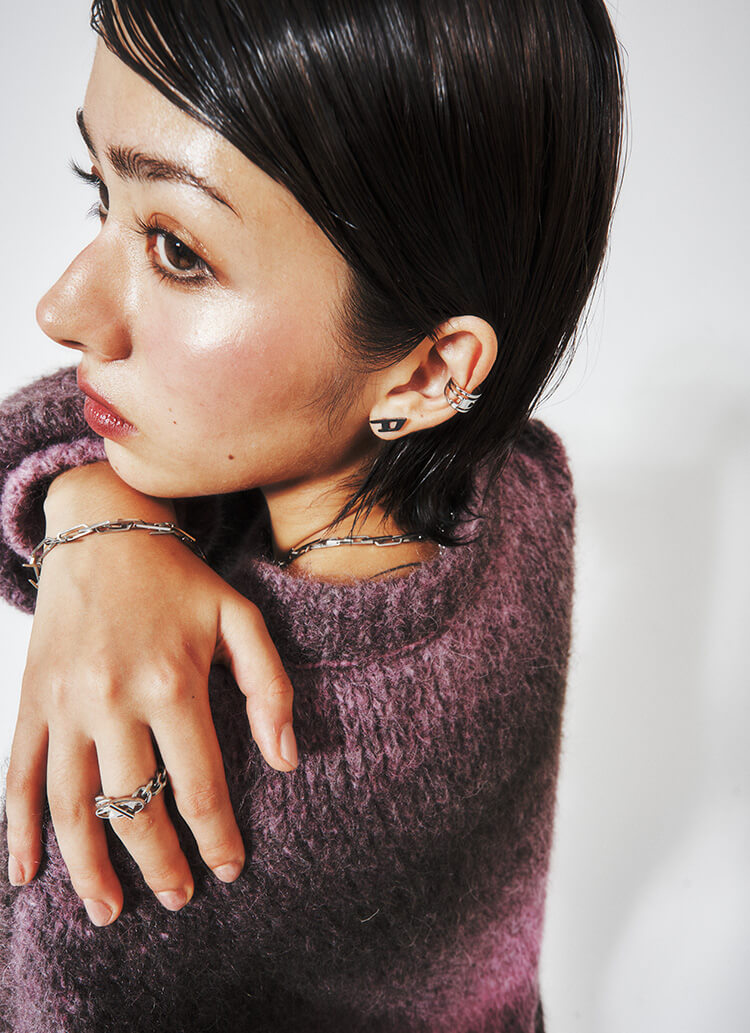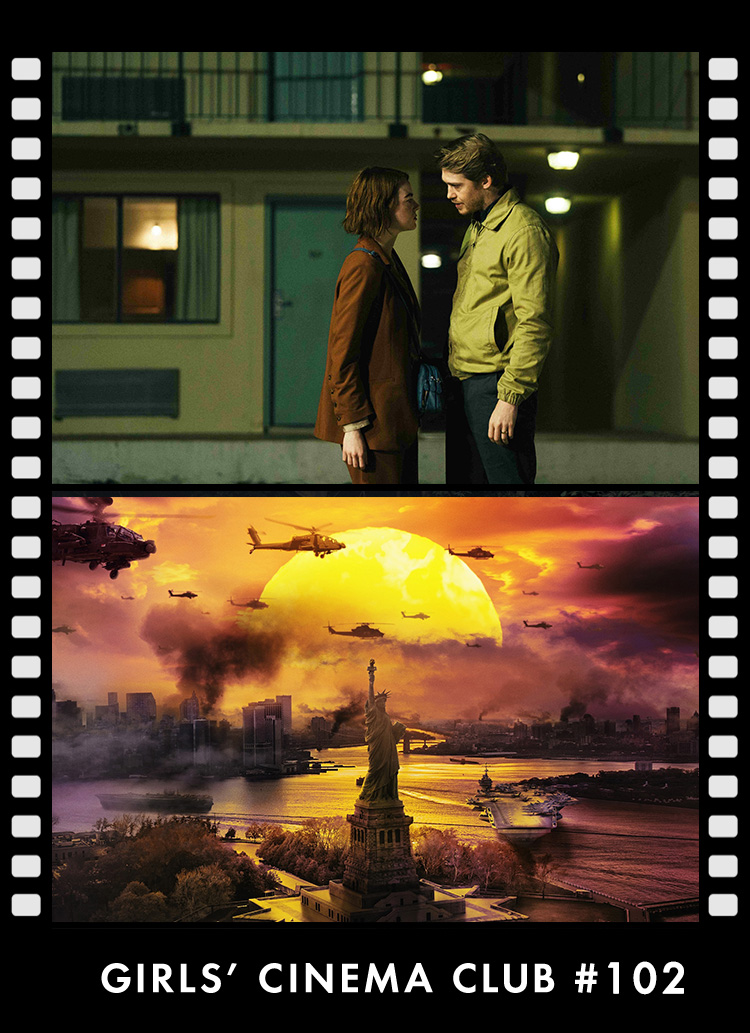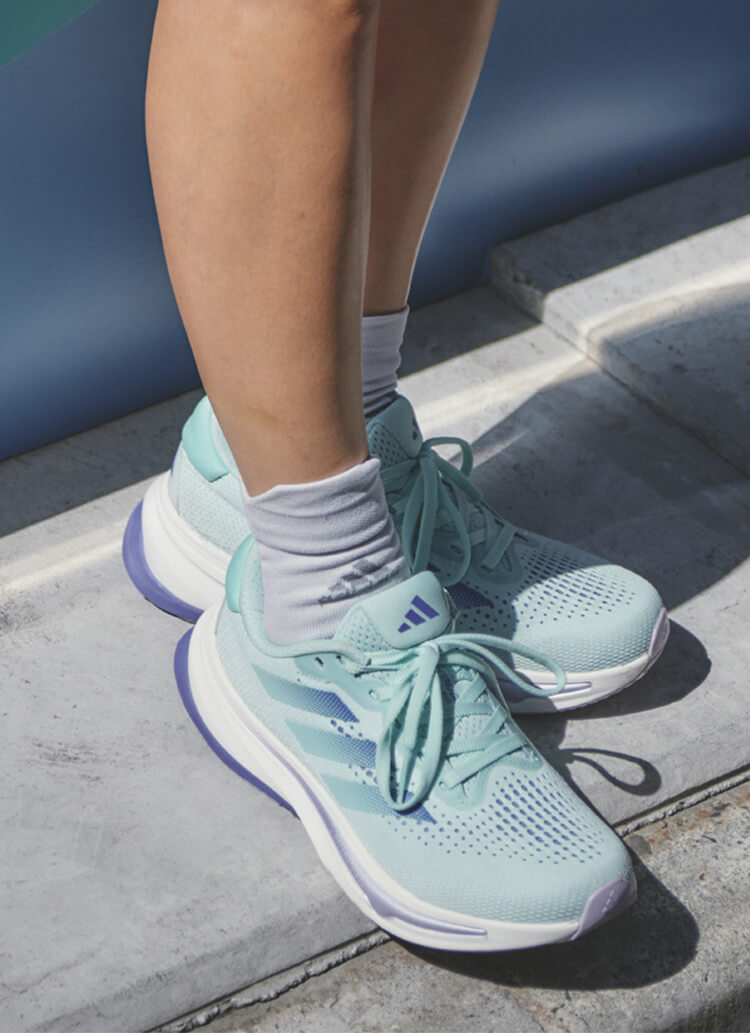VEJA, a French sustainable sneaker brand that has recently been seen in the media, recently released a video showing the brand's 15-year history since its launch in 2003.
It started in 2003 and it's been 15 years? Yes, this video was recorded in 2017. However, the content will probably not get old even if you watch it 5 or 10 years from now.
Since a time when the word "sustainable" was not as common as it is today, Veja has been making products with incredible integrity based on their own beliefs.
It is often said that starting something is hard, but keeping going is even harder.
No one could have predicted that the spring of 2020 would be such days. As has been said here and there, the world is going to change without warning in the future. In such a world, a brand like Veja deserves trust, and I would like to support and endorse such a brand.
So, we would love for you to watch the video, but since only the English translation ver is available, we will post the Japanese translation in full below.
Please read the following text once and then watch the video. I think you will get the idea that way.
VIDEODRONE by Xavier Faltot
VEJA STORY (Japanese translation)
In 2003, at the age of 25, we visited a factory in China to conduct a three-day corporate audit of a French fashion brand. The factory was clean and neat, and we had the impression that it was a very good environment, but the workers looked pale and tired.
Everything was going to be fine, but we were curious about the factory and offered to show them their living space. At first they refused, but after some discussion we managed to get them to show us.
Their living space was about 25 square meters per room, in which five bunk beds were placed, and 32 factory workers were sleeping in this one room, folded on top of each other. There was a hole in the middle of the room, which served as their shower and toilet.
When we saw this scene, we realized that "globalization" was making the world go in the wrong direction.
We wear the clothes they make every day. Our family and friends also wear clothes made in this poor environment every day.
Something must be very wrong.
In this year 2003, many companies had already begun to use the word "sustainable" in their communications. However, it was only words, and no one was implementing them.
At the same time, we were also working with Tristan Lecon, founder of Alter Eco, the first fair trade brand in France.
He contracted directly with farmers and food producers around the world, selling orange juice, tea, rice, coffee, and chocolate.
When we visited our Brazilian partner producers on an audit in our work with him, we were struck by how wonderful it was. We saw firsthand how fair trade transforms economies and advances a more equitable and balanced relationship between producers and consumers.
We learned of this through Tristan's work, and upon our return to Paris, we decided not to start an IT company, as we had originally planned, but to start making something.
We thought that the "something" should be something that symbolizes our generation, not just a thing. Let's create something different by fundamentally overturning the way "something" is made.
That "something" was soon found. It was to launch a new sneaker brand. Why sneakers?
We loved sneakers and wore them every day. And we thought of them as a symbol of our generation's expendability. In the 90s, when sneakers went from being a sports thing to a street thing, they were also a symbol of democracy for those of us who were impressionable.
From an economic standpoint, sneakers are also an interesting product. Advertising costs account for the largest percentage of the cost of a major brand's sneakers in the cost of goods. Believe it or not, advertising costs account for 701 TP10T of the price, while raw materials, production costs, and labor costs account for only 30%. In other words, the actual value of the product is only 30% of the price.
The discovery of this fact is at the root of VEJA. Therefore, VEJA decided on a policy of zero advertising costs. By abandoning advertising, VEJA can spend five times as much on production as the major brands and still sell at the same retail price as those brands.
By simply removing advertising costs from their business model, they were able to provide better production, better materials, a better environment, and higher compensation to those involved in sneaker making.
In 2004, we are only 25 years old. We had no money. But we tried anyway. Fortunately, we have a family that loves us and we were able to get an education at school. Let's give it our best shot. If we don't do it, who will? We may fail, but we will at least have a place to sleep and we can start over again.
With that said, we set off for Brazil. Why Brazil? We felt that everything would be possible if we went there, where the materials for sneakers were available, where the working environment was protected, and where factories would accept those who were just starting out with both hands.
The purpose of this journey is first to destroy all existing sneakers. The idea is to create a new path from the very first step of how raw materials are made, making each step of the manufacturing process a social impact and one that protects the natural environment.
We first visited the first point of VEJA, the Amazon forest. Here, there are people called Serinfueiros, who collect natural rubber. They collect rubber sap while protecting rubber trees without cutting them down, and coexist with the trees to produce natural rubber. They wanted to reduce unnecessary deforestation by using their rubber.
It was not an easy start. We were complete strangers from Europe with different skin colors. We barely speak Portuguese, the official language. And we were in the middle of the Amazon forest. We were disappointed a thousand times a day.
But we had to make an effort. We told them we wanted to create something great that broke out of the existing shell, and they trusted us. We gradually learned about each other and how to work together.
This became the basis for our sneaker making. Today, 40% of VEJA products use natural rubber soles.
Next we moved to the Atlantic Ocean side of northeastern Brazil. This area of Brazil, where the ground is dry, is an area where it is difficult to grow crops. This is the second point of VEJA.
It was here that we met the organic cotton growers. They were a very small community of 35 people, living off the support of a local aid organization. But for the past six years, they had made no sales.
They produce cotton naturally, without the use of pesticides or fertilizers, which is even more ecological than organic farming. The use of chemical fertilizers and pesticides on common crops can make their soil thin and damaged. In this region, they use a method of agriculture called "agroecology" to fertilize the soil.
We spent several weeks in this community, learning about their daily routine, pesticide methods and costs. We then decided to purchase cotton from them.
In our first transaction, we quoted twice the normal local transaction price. The farmers were surprised at the price and thought we were crazy for not knowing why. They called us crazy French.
We purchased three tons of their organic cotton. This became the first raw material for our sneakers. At the time of purchase, we signed an agreement with them for a fair deal: "Payment is made in advance at the time of harvest, and the price is determined by a fair price that is not bound by the general price.
This agreement allowed them to know their own income at the time of sowing, which motivated them to produce.
Our journey continued further, with the third point of VEJA being Porto Alegre, in southern Brazil. It is here that we reach the sneaker factory. Porto Alegre is a developed area, with strong social rights activism, 801 TP10T of the workers are unionized and working hours are reasonable. We decided to make our sneakers here because we felt that the way people live and their purchasing power here is similar to Europe.
And the fourth point of VEJA. It became Bonneuil Cher Marne in Paris. There is an association here that helps unemployed people who are having difficulty finding work for various reasons to find work, and they offered to be VEJA's logistics provider.
They offered to store the shoes produced in Brazil, distribute them to the shipping source, and take care of the delivery for the web store.
Of course, there were some problems at first, but we went to them many times and solved problems together. They have become indispensable partners. And with them, our brand continues to grow.
A few years after launching VEJA, we decided to make leather sneakers. Of course we had to make them with something different from ordinary leather. We decided to use only natural dyes to dye our leathers.(oday, 40% of our collection is made of vegan leather. We also use chrome-free leather for general leather.)
At the same time, I began contemplating "B-MESH" sneakers in Sao Paulo. b-MESH is made of 100% plastic bottles.
Plastic bottles are collected from the streets and homes of Rio and Sao Paulo and are crushed and turned into fiber. The price is a little higher than that of ordinary materials, but we believe it is worth it.
In 2005, VEJA presented its first collection. Soon after, orders came in from department stores in Paris, followed by many inquiries from boutiques all over the world. VEJA was off to a great start.
Our adventure became our company and VEJA has grown steadily in the 15 years since we started. VEJA has two offices in Brazil and France, 60 talented staff in 2017 and 150 in 2020, is sold in more than 50 countries and has sold more than 2 million pairs.
VEJA started small but has expanded its world by getting involved with many industries. Fashion, fair trade, organic, design, social activism, factories, travel, cotton farming, Amazonian forests. These are seemingly disparate worlds, but they all have one thing in common: transparency. Transparency.
VEJA means "to see" in Portuguese. What we want to convey is to see the background of the sneaker through the sneaker.
However, as the company has grown steadily, I have noticed something. We have been transparent and very ecological and socially impactful in our manufacturing, but what about the structure of VEJA's company? I think it is not very transparent. I think the company itself needs to be changed to be transparent from the inside.
So we changed our main bank to a so called "tax evasion heaven", a bank with no branches in the country. And as for the power company, we chose Enercoop, a company that supplies clean energy.
Also in 2009, we started posting "negative things about the company" on the VEJA website. By posting not only the good things, but also the things that we have not yet done or are not doing well, it has created more transparency in the company and has given us a boost on our back.
And each time we were able to move forward a little more. We loved it and will continue to do so.
Change the World
Do you hear this word every day? Many well-known companies use this word. What they mean by changing the world is to create new technologies and change the world and people.
VEJA will continue on the path it believes in. We will continue to work to make the company and the world even more transparent through the consistency of our projects.
We do not move someone else, but we change ourselves. This is how the VEJA project will continue to move forward.


